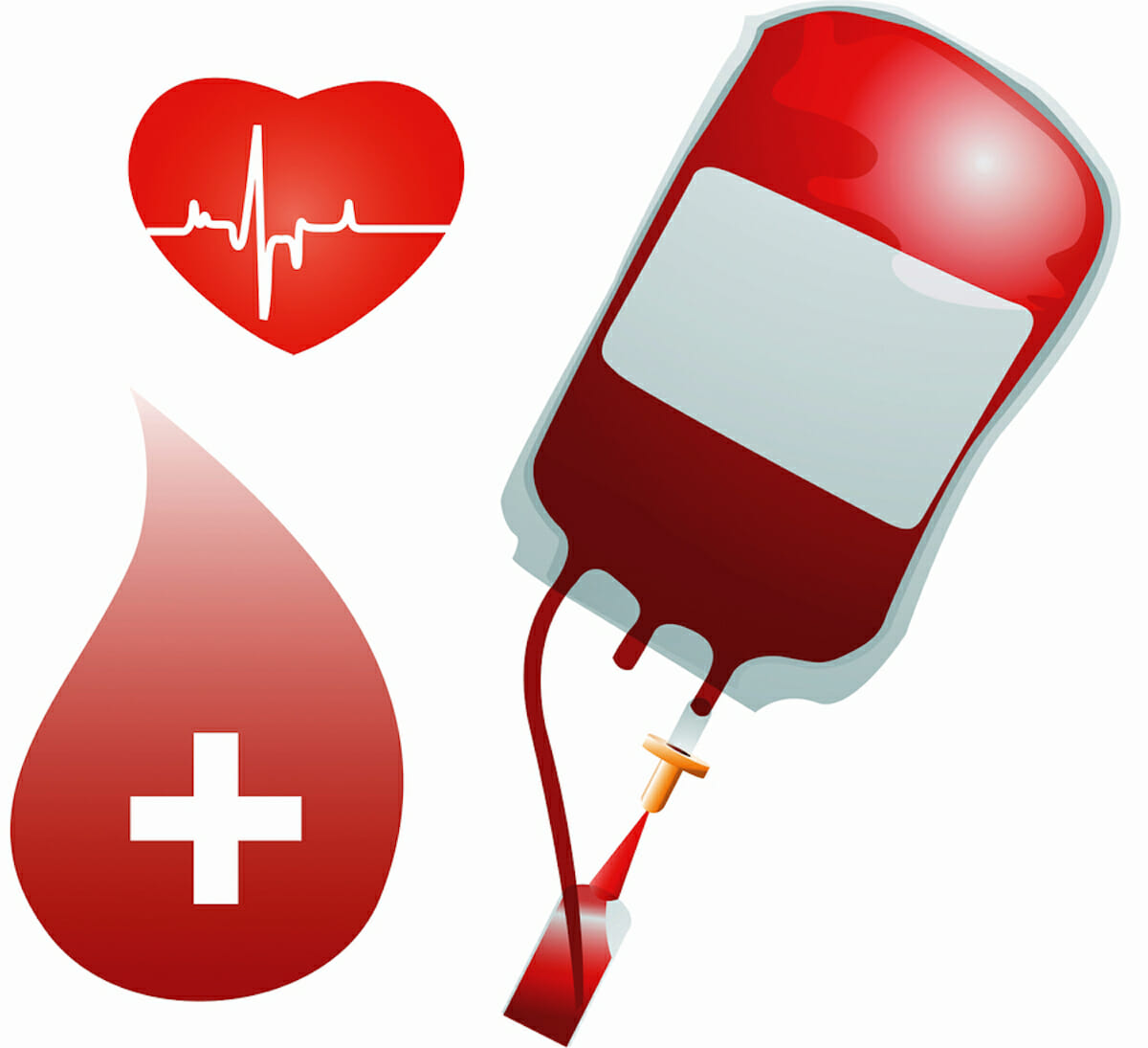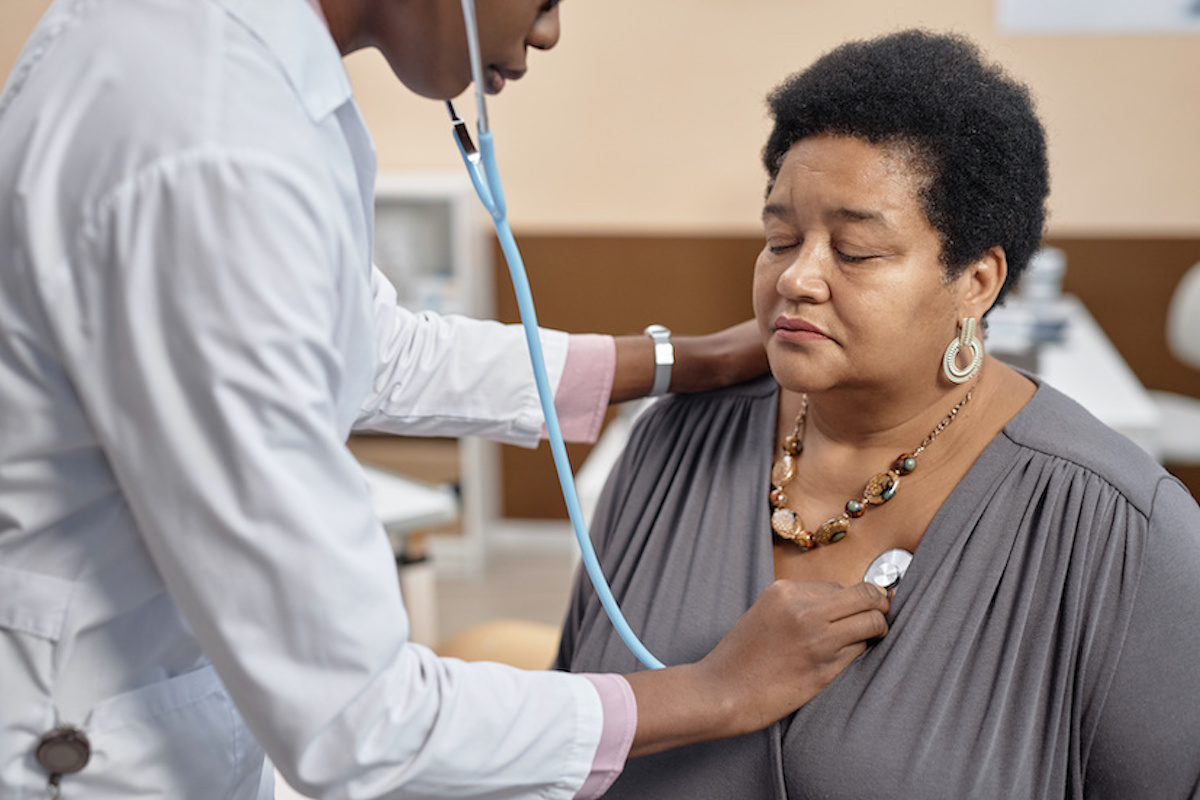The Red Cross and OneBlood are experiencing the worst blood shortage in over a decade. The dangerously low blood supply levels have forced some hospitals to defer patients from major surgery, including organ transplants. It has never been more important to donate blood! By having a supply ready, healthcare providers can have access to the blood they need to help people when an emergency happens. In the U.S., someone needs a blood transfusion every two seconds, creating an ongoing need for donations.
Who is eligible to donate blood?
General eligibility requirements to donate include being:
In good health and feeling well
At least 16 years old (in most states)
At least 110 pounds
In addition to these criteria, recent travel, current and recent medications and ongoing medical conditions may affect a donor’s ability to donate. For more information to help determine if you may be eligible to donate, review the eligibility requirements by donation type, visit https://blog.healthadvocate.com/2022/01/urgent-blood-donations-needed/
What happens during the donation process?
Donating blood typically involves a four-step process:
- Make an appointment. Once you arrive at the donation facility, you will check in with the staff by providing ID and review basic information about blood donations.
- Next, you will be screened as part of a mini physical and answer a few questions to ensure your eligibility. Any information discussed during this process is private and confidential.
- During the donation, which generally takes 8-10 minutes, you will be seated or lying down. Staff and volunteers will always be nearby in case you have any questions during the donation.
- Finally, once you’re done donating, you will have the opportunity to relax and enjoy a snack before going on with your day.
How is COVID-19 influencing donations?
The American Red Cross and OneBlood are being very cautious when it comes to COVID-19 and donations. They have rigorous safety protocols to keep staff and donors healthy. If you are interested in donating blood but have had a recent diagnosis of COVID-19, tested positive or have any symptoms of COVID-19, it is necessary to wait at least 14 days before you can donate.
If you have been vaccinated for COVID-19, in most cases, there is no deferral time for individuals who received a COVID-19 vaccine as long as they are symptom-free and feeling well at the time of donation. The following eligibility guidelines apply to each COVID-19 vaccine received, including boosters:
There is no deferral time for eligible blood donors who are vaccinated with an inactivated or RNA-based COVID-19 vaccine manufactured by AstraZeneca, Janssen/J&J, Moderna, Novavax, or Pfizer.
Eligible blood donors who received a live attenuated COVID-19 vaccine or do not know what type of COVID-19 vaccine they received must wait two weeks before giving blood.
How can you find a blood donation event nearby?
To find a blood drive in your area, use the Red Cross’ or OneBlood’s online search tool. Additionally, you can donate at any number of donation centers across the country.
Appointments are strongly encouraged.
To learn more about blood donation, please visit any of the websites below for additional information:
RedCrossBlood.org
OneBlood.org
Centers for Disease Control and Prevention
By becoming a blood donor, you can help others and potentially save the lives of your family, friends and neighbors. In fact, one donation can help save three lives!










